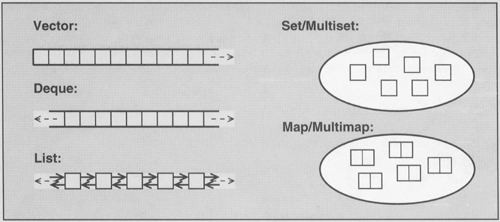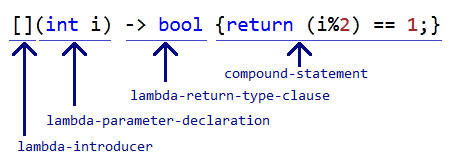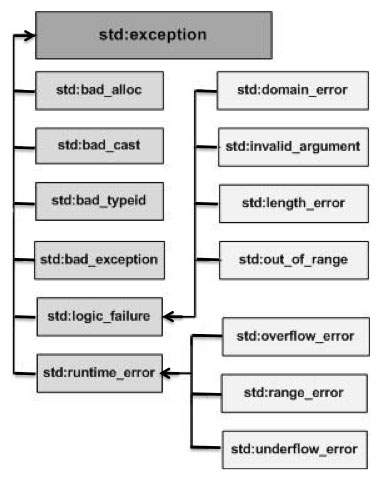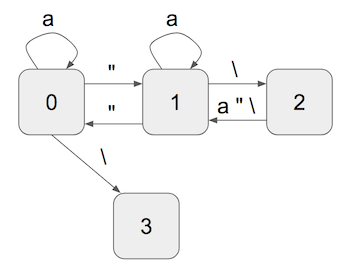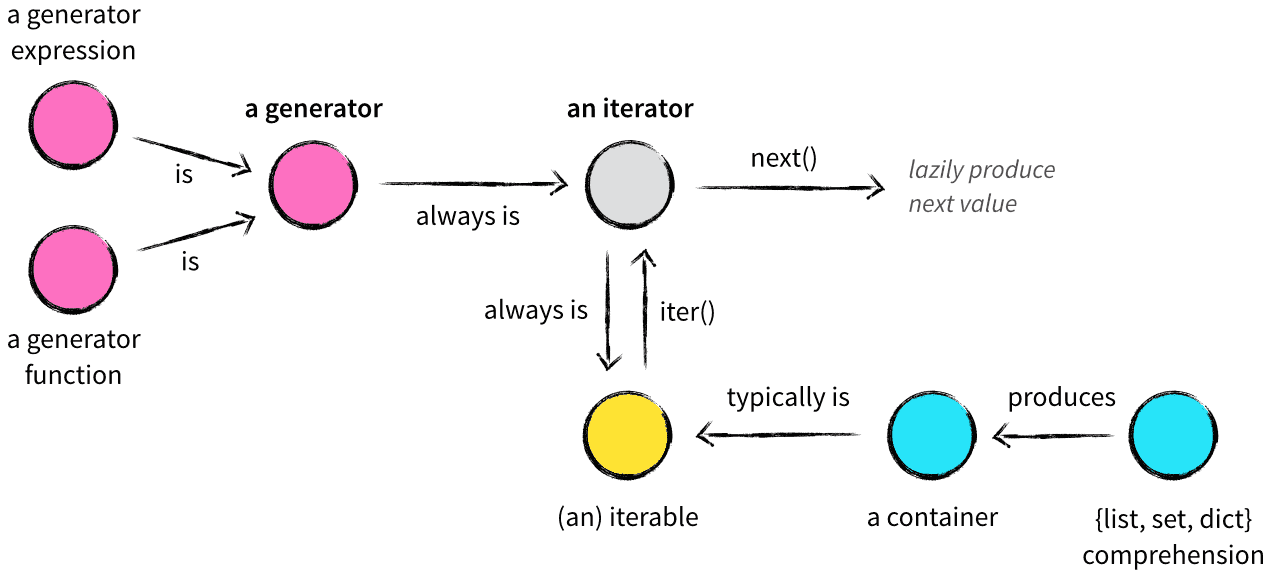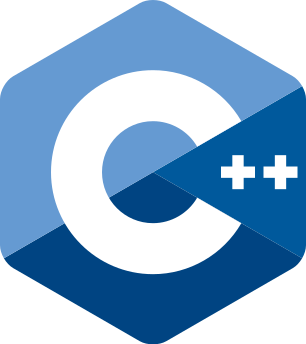
This blog post explains how to use a custom C++ toolchain based on clang 12 with libc++-12 in Bazel on Ubuntu 20.04.
Read more...
This blog post explains how to use a custom C++ toolchain based on clang 12 with libc++-12 in Bazel on Ubuntu 20.04.
Read more...
Many Bazel attributes support the use of predefined variables
and functions such as @D for output directory or
$(location //foo:bar) to get the path to a label. But what
if you want to apply some sort of tranformation to these
variables, or define your own custom make variables? This
blog post explains how.
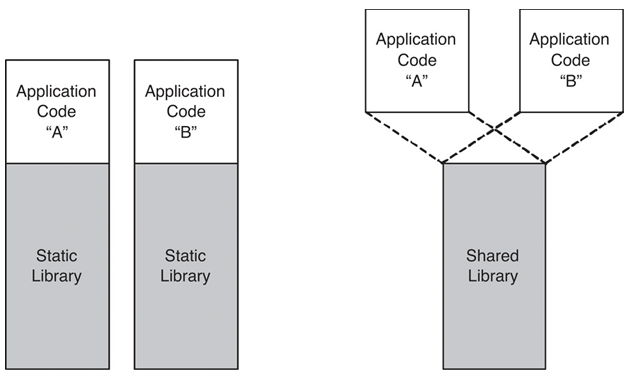
Let’s say you are using Bazel to build a C program which links against a system-provided version of libcurl, the multiprotocol file transfer library. What is the best way to link your program against this library within Bazel? This blog post provides an answer to that question.
Read more...



